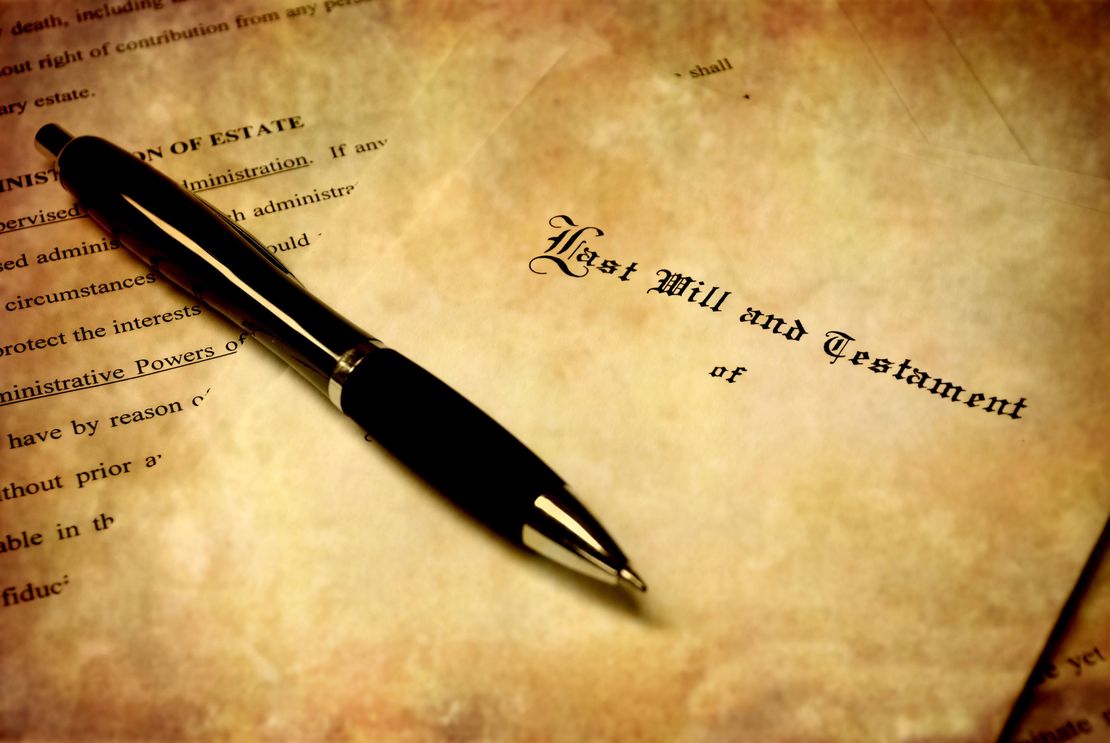
Property Ownership Types for Wills and Trusts
- Charles London
- Property ownership , Estate planning , Wills and trusts
- April 4, 2022
Table of Contents
The Importance of Understanding Your Property Ownership Type for Wills and Trusts
When planning your estate, few considerations are as important as understanding how you own your property. The type of ownership you have directly impacts what happens to your property after your death, potentially affecting your loved ones’ financial security and creating unexpected tax implications.
Why Property Ownership Type Matters
Property ownership type determines who inherits your share of a property when you die. Without proper understanding, your property might not pass to the people you intend, regardless of what your will states.
Joint Tenants vs. Tenants in Common
In the UK, there are two primary ways to jointly own property:
Joint Tenants: Under this arrangement, all owners equally own the entire property. The crucial feature is the “right of survivorship” - when one owner dies, their share automatically passes to the surviving owner(s), regardless of what their will says. This means the property cannot be passed to children or other beneficiaries until all joint owners have died.
Tenants in Common: Each owner has a specific share of the property (which can be equal or unequal). Most importantly, each owner can leave their share to anyone they choose in their will. There is no automatic right of survivorship.
Implications for Estate Planning
For Wills
If you’re a joint tenant, your will cannot override the right of survivorship. Your property will automatically go to the other owner(s), potentially contradicting your wishes if you wanted to leave your share to someone else.
As a tenant in common, your will is crucial in determining who receives your share. Without a valid will, intestacy rules apply, which might not align with your wishes.
For Trusts
Property ownership type significantly impacts trust planning:
- For protecting assets for future generations
- For minimizing inheritance tax
- For providing for blended families or dependents with special needs
Tenancy in common often provides more flexibility for trust arrangements, allowing you to place your share in trust for specific beneficiaries.
Tax Considerations
Your ownership type can have significant inheritance tax implications. With joint tenancy, the entire property eventually forms part of the last surviving owner’s estate. With tenancy in common, each share can be planned for separately, potentially utilizing multiple tax allowances.
Care Home Considerations
Property ownership type can significantly impact what happens if one owner needs to move into care:
Joint Tenants: Local authorities may consider the entire property value when assessing care fees, potentially putting the home at risk. The non-care-needing owner might face pressure to sell their home to fund their partner’s care.
Tenants in Common: Only the care-needing owner’s share of the property may be considered in financial assessments. This can provide some protection for the other owner’s share, potentially allowing them to remain in the home. Additionally, if the property share has been placed in trust, it might receive further protection from care fee assessments.
Changing from joint tenancy to tenancy in common is a common strategy for those concerned about future care needs, though timing is crucial—changes made specifically to avoid care fees may be challenged as deliberate deprivation of assets.
Taking Action
- Check your ownership type: Review your property deeds or contact the Land Registry
- Consider your goals: Who do you want to inherit your property?
- Seek professional advice: Consult with a solicitor specializing in estate planning
- Update relevant documents: Ensure your will reflects your understanding of your ownership type
Conclusion
Understanding your property ownership type isn’t just a legal technicality—it’s fundamental to ensuring your estate planning achieves your goals. Without this knowledge, your carefully crafted will might not work as intended, potentially leaving loved ones without the inheritance you planned for them.
Taking time now to verify and potentially change your ownership type can save your beneficiaries significant stress, expense, and potential family conflict in the future.


